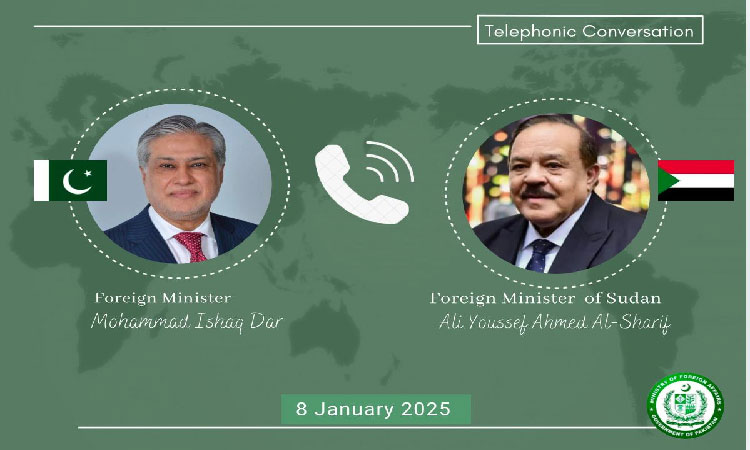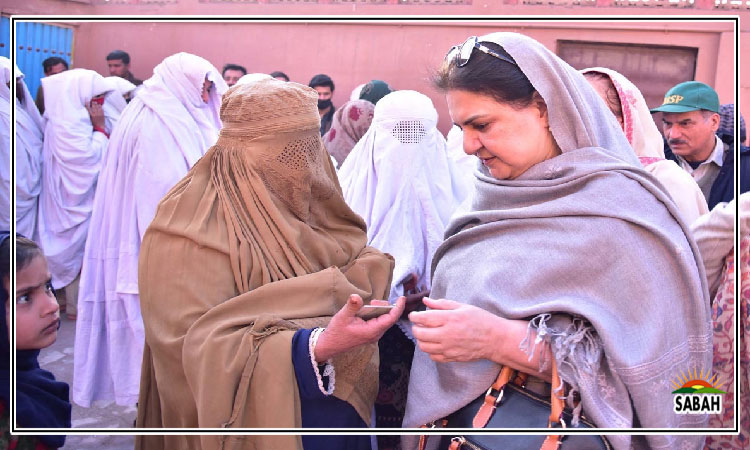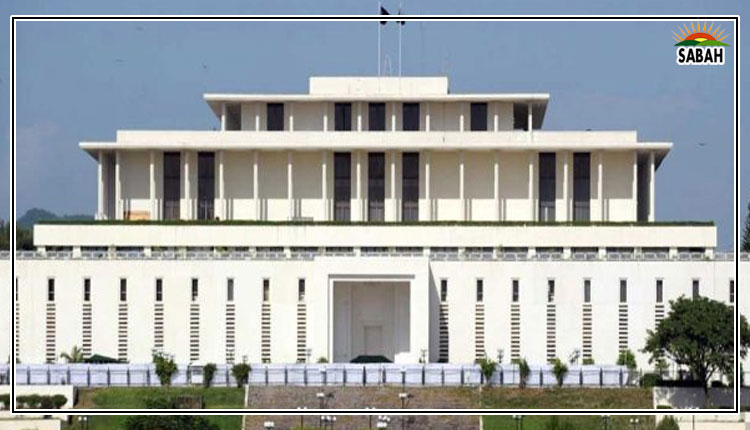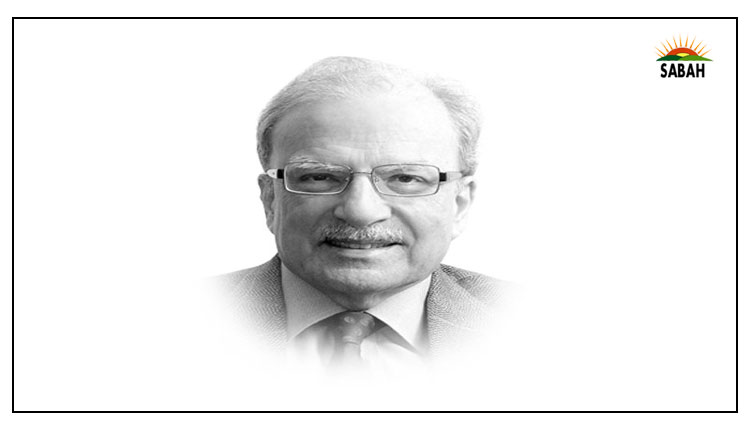Global economy is hit from several different directions…Shahid javed Burki
The global economy is under great pressure; it is being hit from several directions. Leaders of world finance who gathered in Washington to attend the spring meetings of the International Monetary Fund and the World Bank Group were greeted by the news that both institutions had lowered their forecasts for the future. In its latest World Economic Report, the IMF made a slight reduction to its prediction for 2023, lowering it from 2.9% to 2.8% which it forecast in January. A year ago, it projected a growth rate of 3.4%. The institution, along with its sister agency the World Bank, raised alarms that the world economy is facing a period of extended stagnation. The IMF expected the world growth to hover around 3% for the next five years, which is its lowest medium-term prediction since 1990. A hard lending particularly for advanced economies has become a much larger risk, the institutions report said, adding, The fog around the world economic outlook has thickened. Among the hits the world economy was receiving was the continuing war in Ukraine which had raised food and energy prices and growing debt burdens in developing countries increasing unease about the possibility of defaults. Pakistan was one of the countrys experts worried about.
Two bank defaults in the United States had shaken the world financial system. In both cases the American government intervened. Then there was the likely run on Credit Suisse, one of the largest financial institutions in Switzerland, which prompted that countrys government to force a union between that institution and United Bank of Switzerland, UBs. But the US Treasury Secretary, Janel L Yellen continued to believe that the global economic outlook was brighter than what many economic experts were predicting. Here at home, the U.S. banking system remains sound, with strong capital, and liquidity position, she said in a news conference held on the eve of the Bank-Fund spring mattings. The global financial system also remains resilient due to the significant reforms the nations took after the financial crisis. She was referring to the deep crisis that hit the banking system in the late 1980s. Im not anticipating a downturn in the economy, although of course, that remains a risk, she concluded.
However, Pierre-Olivier Gourchinas, the IMF Chief Economist, was more cautious about the state of the global economy. The risks are heavily weighted to the downside and in large part because of the financial turmoil of the last month and a half. He was referring to the collapse of banks in the United States and Switzerland. By and large the reading to which most economic experts subscribed was exceptionally grim. You really need to wonder whether this is that once every 75 years, or every 100 years event, time when the world fundamentally changes, said Douglas Rediker, a partner at International Capital Strategies, which advises international investors. This pessimism was shared by Michael Morrell, a senior counsellor at Beacon Global Strategies. He was at one time acting director of the Central Intelligence Agency, the CIA. My job is to talk to boards and leadership teams. Prior to the Russian invasion, I was doing that every two months. Post the Russian invasion of Ukraine, Im doing twice a week.
Some political or foreign policy developments have only a passing impact upon the global economy but this time around global developments are most likely to have long-lasting consequences. Risks are growing around the globe while the cost of dealing with them is rising. People can measure risk, but what they cant measure is uncertainty, said Afsaneh Beschloss, the Chief Executive of RockCreek, a Washington-based investment firm. As the cost of capital goes up, you take risks more seriously.
One type of risk that is hard to anticipate and measure is how governments will react when they perceive that their countries are navigating difficult waters. Of late, the United States has abandoned the stewardship of the global economic order it had played a leading a role in creating after the end of the Second World War. Former US president Donald Trump had made it clear that he would prefer America to act alone rather than be a partner in a global system where it must listen to other actors and accommodate their concerns.
One of the greatest tests of the times is the growing tension between the United States and China, now the worlds two largest economies and commanding the most lethal fighting forces. Chances of a wider split between the United States and China are weighing on the global outlook, according to Kristalina Georgieva, the managing director of the IMF. Her institution expects global economic growth to slow in 2023 to an annual rate of 2.9%, down from 3.4% in 2022. The Fund does not expect a major improvement in 2024 and 2025. A widening divide between the United States and China could mean a world split into rival economic blocs a dangerous division that would leave everyone poorer and less secure, she said.
Russias invasion of Ukraine to which there is no end in sight has hurt the developing world more than the worlds more well-to-do countries. Energy and food prices have risen, which has placed an additional burden on the foreign exchange situation in the developing world. Low-income countries and that include Pakistan have had to borrow funds from the countries such as China that have large reserves from which they can lend. This has created a debt situation that the global system needs to deal with in order not to see widely spread defaults. With countries defaulting on their foreign obligations, the world would be faced with a new crisis. There is pressure on Beijing to ease the debt low-income countries now carry. Pakistan is one of the affected nations. I will take up the subject of global debt in the article next week. I have some personal experience of how the countries of Latin America dealt with the heavy debt burden they carried in the 1990s. I was then the Vice President at the World Bank in charge of the Latin America and the Caribbean. The solutions the world leadership found was to have the international financial institutions such as the World Bank and the IMF gain access to large amounts of global capital for lending to the countries that carried heavy burdens of debt.
Courtesy The Express Tribune












